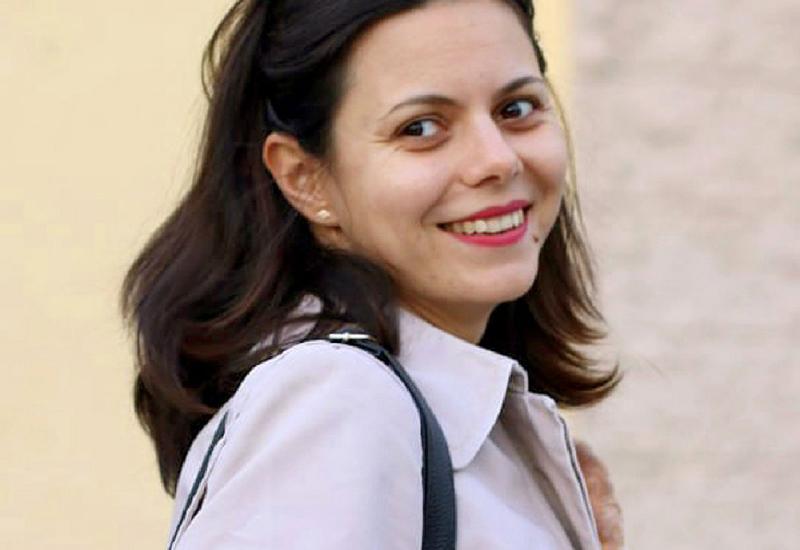Domestic scientists have been learned to produce modern, previously unknown materials for the needs of various sectors of the economy. In particular, technologies for the processing of renewable plant raw materials, which contribute to the sustainable development of society and the solution of environmental and economic problems in production, are promising.
Scientists of the Department of Ecology and Plant Polymers Technology of the Faculty of Chemical Engineering have been researching environmentally safe methods of pulping from non-wood plant raw materials, and extracting nanocellulose from it, for many years. If engineers were taught to write poems, they would celebrate this product in odes: nanocellulose is biocompatible, biodegradable, transparent, extremely strong, it can replace metal and plastic, pseudoplastic (viscous under normal conditions and liquid under physical interaction). Therefore, ultra-light and ultra-strong materials from it are used for machine parts, in electronics, food, paper, oil industry, medicine, etc., as well as in absorbent bandages and bulletproof vests. The global nanocellulose market was valued at USD 756.80 million in 2022 and is expected to grow at a compound annual growth rate of 21.56% during 2022-2027.
Olha Yashchenko, a young researcher and assistant at the department Department of Ecology and Plant Polymers Technology, spends her academic career studying the creation of new functional materials based on nanocellulose.
"I started researching while doing a master's degree," she says. "Interest in conducting experiments in the chemical laboratory of the department and love for my very own university became the impetus for embarking on postgraduate studies. I worked under the scientific supervision of Professor Valerii Anatoliyovych Barbash. In particular, we created reinforced paper and cardboard, transparent biodegradable and electrically conductive nanofilms, etc., on the basis of nanocellulose.
The young scientist carried out research for the state-financed works of the department together with her colleagues, and was a principal investigator of state budgetary topics more than once. "The works were always meaningful, full of experiments and research," - she recalls. In the course of her work, the scientist got acquainted with modern laboratory equipment, instrumental research methods, and mastered new methods of researching nanomaterials.
In 2021, Olрa Yashchenko passed Ph.D. defense successfully. Of course, her thesis was dedicated to the technology of extraction of nanocellulose from non-wood plant material. "Working on the thesis, hundreds of studies were conducted, and unique scientific results were obtained," - the specialist shares. - This made it possible to become a co-author of a significant number of scientific articles published in journals with a high impact factor, as well as patents and technology guidelines. It was also a possibility to participate in international science and technology conferences."
Work in the laboratory, scientific explorations, and the obtained results inspired and invigorated to new research and ideas. Her determination and zeal did not go unnoticed. At the end of the year, the scientist was awarded a two-year scholarship of the Cabinet of Ministers of Ukraine for young scientists as the author of important scientific and technical developments.
But Olha Vasylivna has another hobby - working with students. The staff of the department kindly takes care of the young researcher, so she combines scientific and teaching work and conducts laboratory work successfully. "The work of a lecturer is interesting and fascinating: it reveals the professional knowledge of a lecturer, scientist, manager. And you also need to find an individual approach to each student," - Olha Yashchenko shares.
The young scientist plans to continue scientific research, combine it with teaching and enrich her scientific achievements.
Talking about her work, the scientist expresses her gratitude to her supervisor, Professor V.A.Barbash and the entire team of the Department of Ecology and Plant Polymers Technology, as well as the Department of Chemical Technology of Ceramics and Glass, where she completed her master's degree: "I am grateful to my advisors, who fostered me interest in scientific research." But, according to the researcher, she has the greatest support from her family: "I am grateful to my husband (by the way, we met at the university), to my daughter, my mother and my husband's parents. Their support and assistance is an important component in achieving my success."
It is quite natural that the teacher is concerned about the problems of her students: "It is a pity that today students do not have the opportunity to study in classrooms and laboratories. But this is temporary. I wish all students to find the opportunity to study, conduct research, express their scientific vision and get great results. While the going is good, you need to live a meaningful student life: study, make friends, research, make great progress!"

